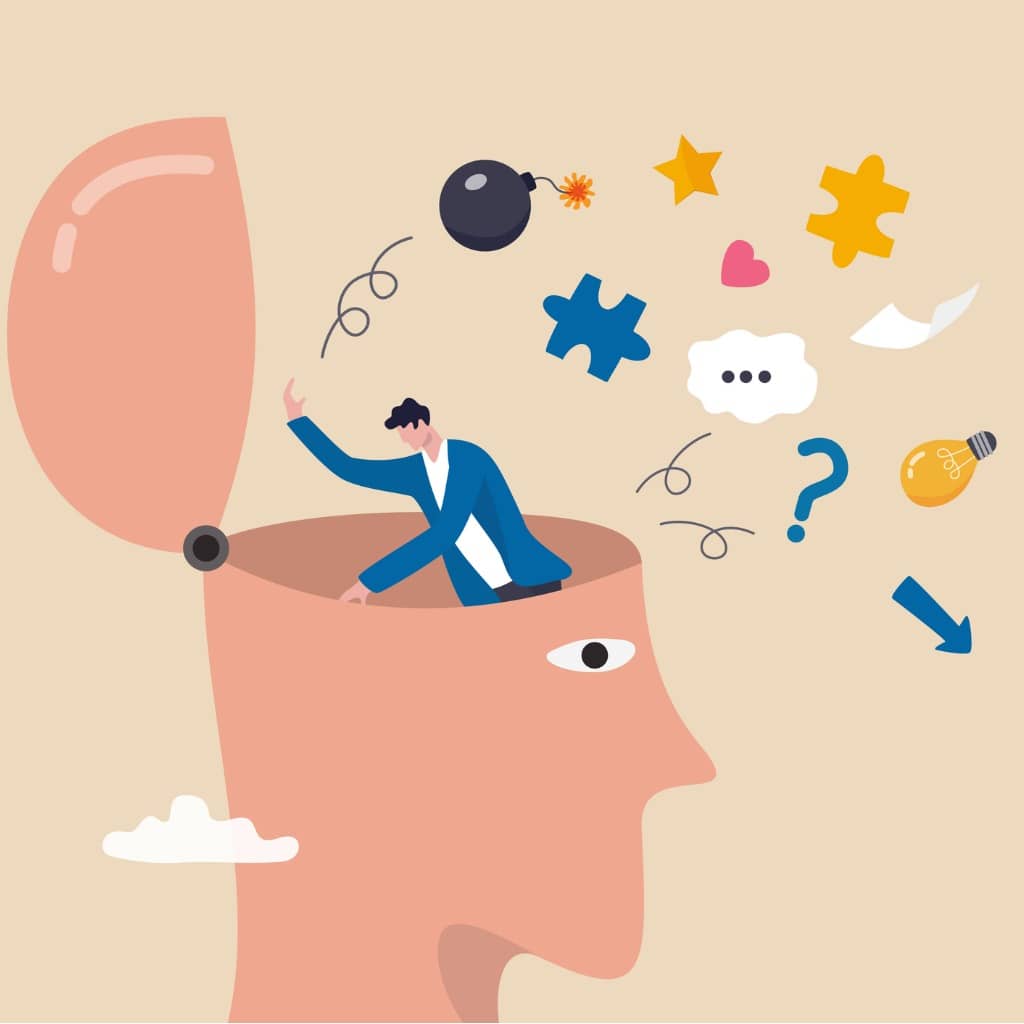What Is Selective Attention, and How Does It Work?

Selective attention is a mental process that allows us to focus on specific information while ignoring other stimuli. This crucial cognitive function helps us navigate a world full of sensory input by concentrating on what matters most at any given moment. From completing a work task in a noisy office to following a conversation in a crowded room, selective attention enables efficiency and productivity in our daily lives. But how does it work, and why is it so important?
How Does Selective Attention Work?
Selective attention involves various brain processes that filter, prioritize, and manage sensory input. The prefrontal cortex and parietal lobe are essential in deciding what information to focus on and what to ignore. These areas of the brain use signals like relevance, novelty, or importance to help us allocate our mental resources effectively.

Your Brain and Selective Attention
Selective attention is facilitated by neural networks that work together to manage cognitive load. The dorsal attention network helps us focus on goal-directed tasks, while the ventral attention network responds to unexpected environmental changes. These networks operate simultaneously to ensure we don’t miss critical information while remaining focused on our primary tasks.
Examples
From everyday tasks to complex activities, this mental process ensures we stay on track despite potential distractions. Here are a few real-life examples of how selective attention works in action:
- Driving: Staying focused on the road while ignoring distractions like music or conversations with passengers.
- Conversations: Listening to a friend’s voice in a noisy party environment, tuning out the surrounding chatter.
- Work: Concentrating on a task in an open office setting, blocking out background noise and interruptions.
- Sports: Tracking the movement of a ball during a game while ignoring irrelevant movements or sounds in the crowd.
Why is Selective Attention Important?
Without selective attention, our brains would be overwhelmed by the sheer volume of information we encounter every second. Moreover, it also plays a role in memory formation. By focusing our mental resources on meaningful information, we can better retain it in our long-term memory. This explains why we may remember specific details of an experience or conversation while forgetting others. Benefits of strong selective attention include:
- Improved Efficiency: Allows for faster task completion by reducing distractions.
- Enhanced Memory Retention: Prioritizing information makes it easier to remember.
- Better Decision-making: Focused attention enables clearer thinking and logical reasoning.
- Reduced Stress: Filtering out irrelevant stimuli can lower stress levels and promote a sense of calm.
Factors That Influence Selective Attention
Selective attention is shaped by a mix of internal and external factors. Internally, emotions like stress or anxiety can either sharpen or weaken focus, while motivation and adequate rest play critical roles in maintaining attention. Externally, environmental conditions such as noise, task complexity, and distractions like notifications can significantly impact one’s ability to concentrate. Understanding these influences can help individuals create conditions that optimize their focus.
Tips to Improve Selective Attention
Improving selective attention can positively impact both personal and professional life. Simple strategies like practicing mindfulness, focusing on one task at a time, and creating a distraction-free workspace can help sharpen your ability to concentrate. Prioritizing adequate sleep and engaging in cognitive exercises, such as puzzles or reading, also supports mental clarity and focus. Implementing these habits can make it easier to stay present and productive in everyday tasks.
Unlock Your Mental Clarity With Mile High Psychiatry
At Mile High Psychiatry, we understand the challenges of maintaining focus in today’s fast-paced world. Whether you’re struggling with distractions, anxiety, or other attention-related concerns, our expert team is here to help. Through personalized care and evidence-based treatments, we’ll work with you to strengthen your focus and improve your overall mental well-being. Contact Mile High Psychiatry today to take the first step toward a clearer, more focused mind.


